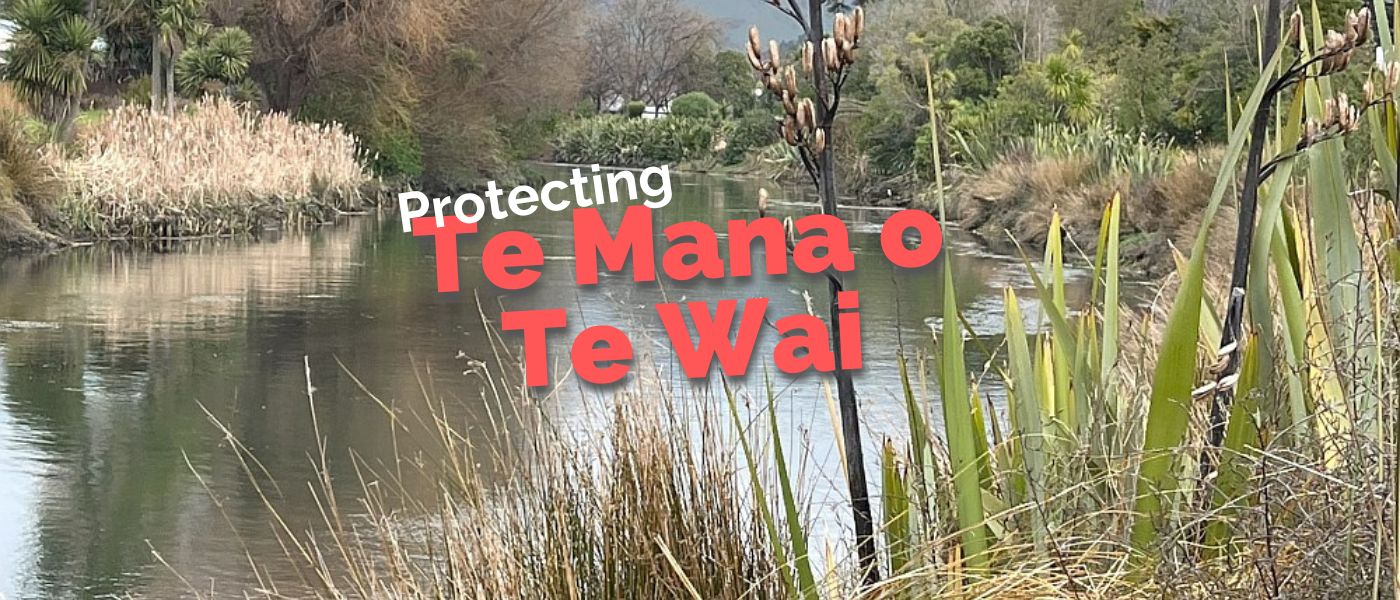
The Government is embarking on changes to the Resource Management Act including proposed changes to somehow “rebalance” Te Mana o Te Wai, if not remove it completely from water policy. Although these changes are aimed at benefiting the farming and mining sectors most, there are consequences for the Ōpāwaho Heathcote River also.
Te Mana o Te Wai is the underlying concept of the National Policy Statement – Freshwater Management (NPS-FM). This policy guides the implementation of resource management procedures. Quite simply, Te Mana o Te Wai refers to the fundamental importance of water and recognises that protecting the health of freshwater in turn protects the health and well-being of the wider environment, including us.
There is a hierarchy of obligations in Te Mana o Te Wai as shown in the diagram.
Te Mana o Te Wai draws on well-established te ao Māori concepts. Western science also recognises that freshwater eco-system health depend on uncontaminated water. This can be evidenced in the many examples around Aotearoa New Zealand and the world where ecosystems have collapsed due to increasingly contaminated water.
Following several decades of inadequate responses by governments to community concerns about declining water quality, the government elected in 2017 set about the task of fulfilling promises made to start the inter-generational task of repairing the water quality of our rivers and lakes. Part of that exercise was strengthening the National Policy Statement – Freshwater Management by making its sole objective to ensure that natural and physical resources were managed in a way that prioritised the hierarchy of Te Mana o Te Wai obligations.
The current controversy about freshwater rules arises because of the size, complexity and impact that the task of improving water quality is having on farming, in particular, although urban communities and councils are also affected. Turning aside from activities that contaminate waterways involves lifestyle and industrial reform that changes the way everyone uses and abuses water. It is not easy but change must happen if we are to prevent ever-worsening water quality.
 Simon Upton, Parliamentary Commissioner for the Environment in a recent article Rethinking the RMA: the need for enduring reform made the point that, “We have a national penchant for agreeing on aspirational environmental outcomes but a reluctance to carry them through into the field. In some places, land use will have to change or reduce its intensity.”
Simon Upton, Parliamentary Commissioner for the Environment in a recent article Rethinking the RMA: the need for enduring reform made the point that, “We have a national penchant for agreeing on aspirational environmental outcomes but a reluctance to carry them through into the field. In some places, land use will have to change or reduce its intensity.”
The current Government is poised to yet again turn the nation away from the task of making a positive difference to water quality in the interests of farming and the mining industries. In a press release, Agriculture Minister Todd McClay said “improving primary sector profitability is key to boosting our largest exporting sector. Regulations need to be fit for purpose and not place unnecessary costs on farmers and growers. “Removing the need for resource consent applicants to demonstrate that their activities follow the hierarchy of obligations will better reflect the interests of all water users,” Mr McClay says.” (Our emphasis in bold)
Every part of a freshwater ecosystem, from microbes to cows to humans is a “water user”. It is therefore outrageous for anyone, let alone a cabinet minister, to suggest that removing the requirement for a Te Mana o Te Wai assessment from a resource consent application “will better reflect the interests of all water users”! When the motivation to make these changes is based on improving profitability and “rebalancing”, it is obvious that the current government intends to turn Te Mana o Te Wai on its head! For “rebalance” read “inversion”.
It indicates that leaders at a political level appear not to have read and/or understood this explanation of Te Mana o Te Wai implementation as it appears on the Ministry for the Environment website. “Te Mana o Te Wai does not require all activities to come to a halt, nor that all water bodies must be restored to a pristine state before other needs in the hierarchy can be addressed (ie, drinking water). … New development may proceed but in a way that gives effect to Te Mana o Te Wai. This means economic gain, urban development or lifestyle activities cannot come at the expense of the health of a water body.” (Our emphasis in bold)
While the Government has indicated that Te Mana o Te Wai obligations will be allowed to remain, for the meantime, in Regional Council policies and plans, this is unlikely to be more than a temporary position. Why would you remove a concept from the decision-making process that you retain at a policy level if your intention is not to allow the concept to wither and die through lack of real application to actions? Te Mana o te Wai should be a living concept that is visible in every action taken as a result of a resource consent.

The Regulatory Impact Statement about the Bill makes interesting reading. The public servants are carefully trying to say “Don’t do this!”. Click to read the statement.
If the reform of the RMA seeks to address the issue of lengthy processing times and the high cost of resource consenting, as has been suggested by the Government, then let those issues be addressed directly through greater resourcing of consenting authorities and assistance to applicants. Easing consent requirements and decision-making criteria, especially fundamental ones that directly affect water quality, moves the whole resource management process in the wrong direction.
The obligation of the Government under Te Tiriti o Waitangi to consult Māori meaningfully about water is clear. This is especially the case when changes to the use of a concept so fundamental to Māori as Te Mana o Te Wai are being contemplated. Te Mana o Te Wai is an integral element of the NPS-FM that progresses Māori freshwater rights and interests, rights and interests that are acknowledged and recorded by the Supreme Court. Yet the lack of appropriate consultation with Māori is clear. This is despite its repeated commitments, in writing, to avoid such breaches as attested to in every Crown apology made as part of past Treaty settlements.
The Ōpāwaho Heathcote River Network is intrinsically invested in ensuring that the priorities of Te Mana o Te Wai are upheld as currently expressed – not an inverted version. After all, our vision for an ecologically healthy river comes after a long period of time when the health and well-being of the Ōpāwaho Heathcote River was the lowest priority and the economic gain of the surrounding industry of the time was the first consideration. That period resulted in the river being turned into an open sewer. While the attitude of the city towards the river is more benign now, there is still a long way to go before the river’s health is prioritised over other considerations such as contaminated stormwater and sewer overflows.
The Ōpāwaho Heathcote River Network will be making a submission on the government’s RMA reform legislation, particularly the intention to exclude the hierarchy of obligations within the NPS-FM from resource consent applications and decision-making processes.
We will distribute a draft of our submission to OHRN members in due course and invite comment before lodging it.
